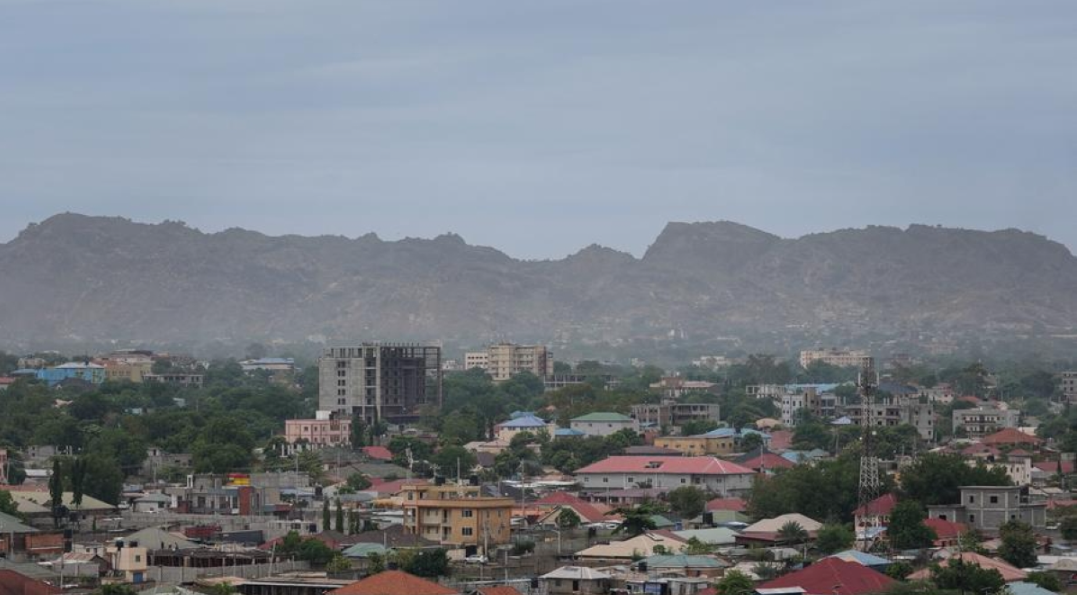 South Sudan’s warring factions are set to reconvene in Kenya for a new round of peace talks aimed at resolving ongoing political and ethnic conflicts that have plagued the country since its independence. The negotiations, mediated by the Intergovernmental Authority on Development (IGAD) and supported by international partners, mark a critical step in the effort to bring lasting peace and stability to the world’s youngest nation.
South Sudan’s warring factions are set to reconvene in Kenya for a new round of peace talks aimed at resolving ongoing political and ethnic conflicts that have plagued the country since its independence. The negotiations, mediated by the Intergovernmental Authority on Development (IGAD) and supported by international partners, mark a critical step in the effort to bring lasting peace and stability to the world’s youngest nation.
South Sudan, which gained independence in 2011, has been embroiled in civil conflict since 2013. The fighting, rooted in a power struggle between President Salva Kiir and former Vice President Riek Machar, has led to widespread violence, economic collapse, and a humanitarian crisis. Despite multiple ceasefires and agreements, including the 2018 Revitalized Agreement on the Resolution of the Conflict in South Sudan (R-ARCSS), progress toward peace has been slow and fraught with setbacks. The upcoming talks in Nairobi come after months of stalled negotiations and escalating tensions on the ground. Recent clashes between government forces and opposition groups have raised concerns over the fragile state of the existing peace agreements. Leaders from both sides have expressed a willingness to engage in dialogue, signaling a possible breakthrough in the peace process.
The peace talks will focus on several unresolved issues, including:
Power Sharing: Disagreements over the distribution of political power at the national and regional levels remain a significant obstacle.
Security Arrangements: The integration of rebel forces into a unified national army and disarmament processes have faced delays, fueling mistrust among the parties.
Elections: Plans for the country’s first democratic elections have been repeatedly postponed, with no clear timeline for implementation.
Humanitarian Crisis: The conflict has displaced millions of people and created severe food shortages. Humanitarian aid and reconstruction efforts are critical components of the discussions.
Kenya, as the host nation, plays a pivotal role in the peace talks, leveraging its experience in conflict resolution and its position as a regional power. IGAD, along with the African Union (AU), the United Nations, and international donors, is providing technical and financial support to ensure the success of the negotiations. Kenyan President William Ruto has reiterated his commitment to facilitating dialogue, stating, South Sudan’s stability is critical for the peace and prosperity of the entire region. We are committed to supporting our brothers and sisters in achieving a durable solution to their challenges.
While the resumption of talks has sparked cautious optimism, analysts warn of the significant hurdles ahead. Previous agreements have been undermined by a lack of political will, distrust among the parties, and continued violence on the ground. Civil society organizations and religious leaders in South Sudan have called for greater inclusion of grassroots voices in the peace process. Peace cannot be achieved without the involvement of all South Sudanese, especially women and youth, who have borne the brunt of this conflict, said a prominent activist. International observers have urged the parties to approach the negotiations with sincerity and prioritize the welfare of the South Sudanese people.
The prolonged conflict has left more than 4 million people displaced, with many seeking refuge in neighboring countries such as Uganda, Kenya, and Sudan. Humanitarian agencies report that nearly two-thirds of the population face severe food insecurity, exacerbated by climate shocks and the effects of war. Aid organizations are hopeful that a breakthrough in the peace talks will create the conditions necessary for expanded relief operations and long-term development initiatives.
As South Sudan’s leaders prepare to meet in Kenya, the stakes could not be higher. For many citizens, the talks represent a crucial opportunity to end years of suffering and chart a new course for the country. The world is watching, and the people of South Sudan are counting on their leaders to rise above their differences and prioritize peace, said an IGAD mediator. The coming days in Nairobi will be decisive in determining whether South Sudan can finally turn the page on its turbulent history and embrace a future of unity and prosperity

